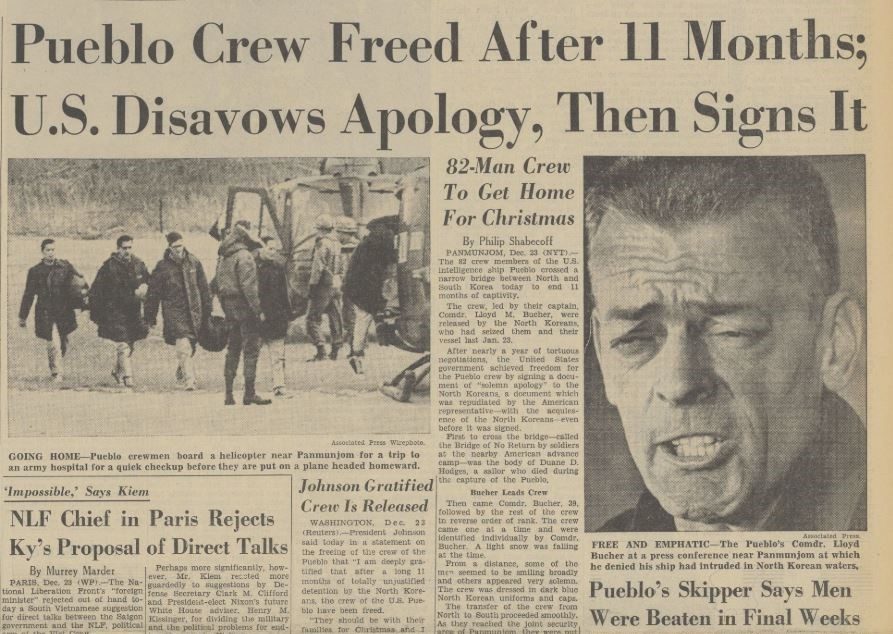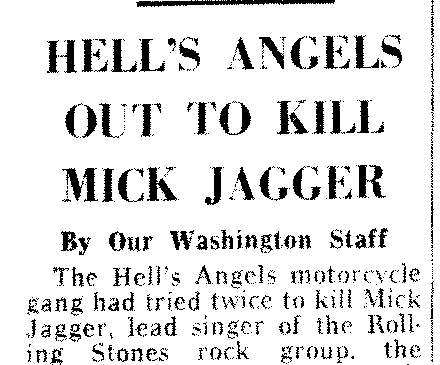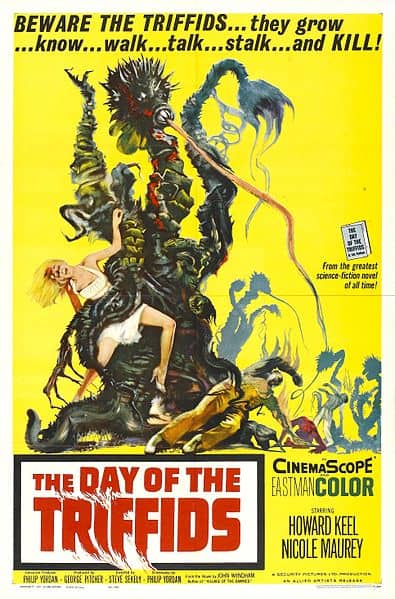By Anna Sikora, Gale Ambassador at NUI Galway
The Science Fiction American-Canadian author Judith Merril (1923–1997) wrote her short story “That Only a Mother” (1948) about widespread infantile mutations after reading an article dispelling the rumours of infanticide in Japan after the Nagasaki and Hiroshima bombings. Later, in an interview, Merril recalls how this short newspaper piece caused her mind to race, and her initial reaction was “Oh my God. […] There are mutations by the millions and people are killing the babies” (What If? A Film about Judith Merril). Merril’s reaction is fascinating as it shows how authors transform everyday reality into literary fiction, and not necessarily just science fiction. The double lesson we immediately draw (or at least should draw!) here as students, critics, tutors and lecturers of literature is this: yes, literary stories are often inspired by real events or people; and no, literary text are not historical documents.
Read more









